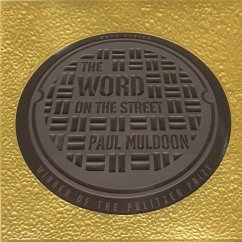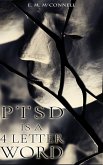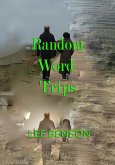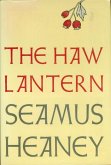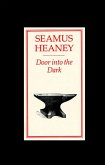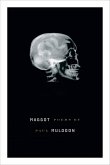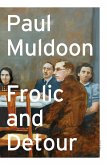A vibrant new collection of poems-that also double as rock songs-from the Pulitzer Prize-winning poet
In his new book of rock lyrics, Paul Muldoon goes back to the essential meaning of the term "lyric"-a short poem sung to the accompaniment of a musical instrument. These words are written for music most assuredly, with half an ear to Yeats's ballad-singing porter drinkers and half to Cole Porter-and indeed, many of them double as rock songs, performed by Wayside Shrines, the Princeton-based music collective of which Muldoon is a member. Their themes are the classic themes of song: lost love, lost wars, Charlton Heston, barbed wire, pole dancers, cellulite, Hegel, elephants, Oedipus, more barbed wire, Buddy Holly, Jersey peaches, Julius Caesar, Trenton, cockatoos, and the Youngers (Bob and John and Jim and Cole). The Word on the Street is a lively addition to this Pulitzer Prize-winning poet's masterful body of work. It demonstrates, once again, that, as Richard Eder has written in the pages of The New York Times Book Review, "Paul Muldoon is a shape-shifting Proteus to readers who try to pin him down . . . Those who interrogate Muldoon's poems find themselves changing shapes each time he does."
Hinweis: Dieser Artikel kann nur an eine deutsche Lieferadresse ausgeliefert werden.
In his new book of rock lyrics, Paul Muldoon goes back to the essential meaning of the term "lyric"-a short poem sung to the accompaniment of a musical instrument. These words are written for music most assuredly, with half an ear to Yeats's ballad-singing porter drinkers and half to Cole Porter-and indeed, many of them double as rock songs, performed by Wayside Shrines, the Princeton-based music collective of which Muldoon is a member. Their themes are the classic themes of song: lost love, lost wars, Charlton Heston, barbed wire, pole dancers, cellulite, Hegel, elephants, Oedipus, more barbed wire, Buddy Holly, Jersey peaches, Julius Caesar, Trenton, cockatoos, and the Youngers (Bob and John and Jim and Cole). The Word on the Street is a lively addition to this Pulitzer Prize-winning poet's masterful body of work. It demonstrates, once again, that, as Richard Eder has written in the pages of The New York Times Book Review, "Paul Muldoon is a shape-shifting Proteus to readers who try to pin him down . . . Those who interrogate Muldoon's poems find themselves changing shapes each time he does."
Dieser Download kann aus rechtlichen Gründen nur mit Rechnungsadresse in D ausgeliefert werden.
Hinweis: Dieser Artikel kann nur an eine deutsche Lieferadresse ausgeliefert werden.

